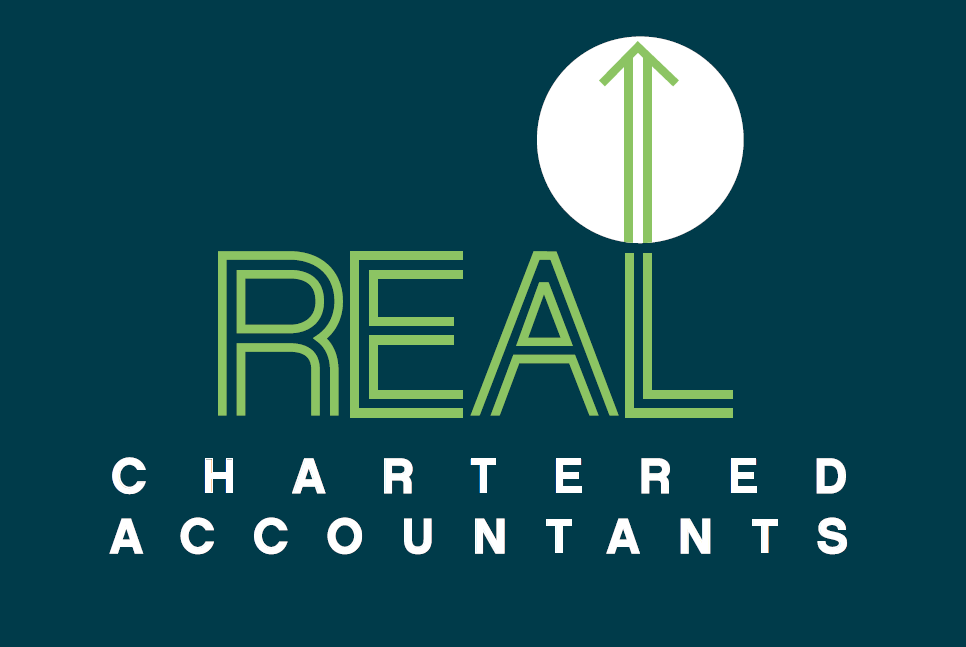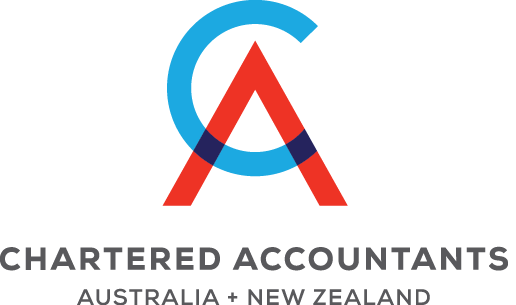NEWS
NZ Government Extends Support for Businesses

The government has recently announced further changes to the Wage Subsidy Scheme and Extension as well as introducing small business cashflow loans and tax support measures.
Following is a brief summary to help you stay updated on accessing these support schemes but we also want to remind you to contact your REAL CA client manager to get advice at any time.
Wage Subsidy Scheme
A Wage Subsidy Extension payment will be available to support employers who are still significantly impacted by Covid-19 after the Wage Subsidy ends. The Wage Subsidy Extension will be available from 10 June 2020 until 1 September 2020. Eligible employers will need to reapply through Work and Income once their current 12-week subsidy has come to an end.
The weekly rates will be the same as under the current Wage Subsidy, and the Extension will provide an 8-week payment per named employee as a lump sum. The Wage Subsidy Extension must be used to pay employees’ wages and receiving it does not change existing employment law obligations.
The Wage Subsidy Extension will be open to the same types of employers currently eligible for the wage subsidy. For the Wage Subsidy Extension, an employer must have experienced a revenue loss of at least 40% in a 30-day period in the 40 days immediately before the employer applies for the extension, compared to the closest period last year. There are different calculations for organisations where this is not possible such as new businesses or pre-revenue firms. For more information see Work and Income.
Small Business Cashflow Scheme (SBCS) Loan
Applications are now open for the Small Business Cashflow (Loan) Scheme (SBCS) – a one-off loan to small to medium businesses impacted by Covid-19.
The SBCS is for businesses with 50 or fewer full-time equivalent employees, including sole traders and those that are self-employed. In most cases, eligible businesses will be entitled to a loan amount of $10,000 plus $1,800 per full-time equivalent employee, to a maximum of $100,000.
The eligibility criteria is the same as for the Wage Subsidy Scheme (WSS) and you can apply even if you haven’t applied for the WSS. Please note you’ll have to declare you’re a viable business, use the money for core business operating costs and enter into a legally binding loan contract.
We recommend you talk to your financial advisor before applying.
The only way to apply is in myIR under ‘I want to’ and applications are open until 12 June 2020. Funds will be paid directly into your bank account within five working days once approved.
You must be legally allowed to borrow money for your entity to be able to apply for the SBCS loan. Please note your tax agent cannot apply on your behalf.
For more details on how the scheme will work, eligibility criteria and a calculator to determine the loan amount that can be borrowed, see the IRD website.
Temporary Loss Carry-back
Businesses expecting to make a loss in either the 2019-20 income year or the 2020-21 income year can use that loss to offset profits they made the year before. In other words, they can carry the loss back one year to the preceding income year. This can be done before the loss year return is filed.
There are two ways to claim your loss carrry-back:- Include the carried-back loss in your tax return – the IRD will automatically refund any overpaid tax.
- Ask for a refund of any provisional tax you have paid for 2019-20 if you are going to carry back a loss from 2020-21 - the IRD can refund some or all of the tax already paid for the preceding year before the loss year has finished by enabling customers to estimate their loss.
If you choose to use the loss carry-back scheme you must first elect to participate in the scheme under the ‘I want to’ section of myIR. Refunds will be processed quicker for claims made through myIR.
Note: You do no need to have filed the loss year return to claim the loss carry-back.
For more information, how to claim and implications for shareholder employees see the IRD website.
Taxation and Social Assistance Urgent Measures
The recent Covid-19 Response (Taxation and Social Assistance Urgent Measures) Act 2020 included the following income tax changes:
Depreciation deductions have been reinstated for non-residential buildings from the 2020-21 income year.
The threshold for claiming a deduction for the full cost of a low-value business asset in the year it was purchased increases from $500 to $5,000 for assets purchased in the period 17 March 2020 to 26 March 2021. For any assets purchased from 17 March 2021 the threshold reduces from $5,000 to $1,000. Depreciation is still available for business assets over those values.
The residual income tax threshold at which provisional tax becomes payable increases from $2,500 to $5,000 for the 2020-21 and later income years.
The application date for the broader refundability rules for R&D tax credits is brought forward.
For a detailed explanation, a special report on Covid-19 tax legislation is available at the IRD website.





